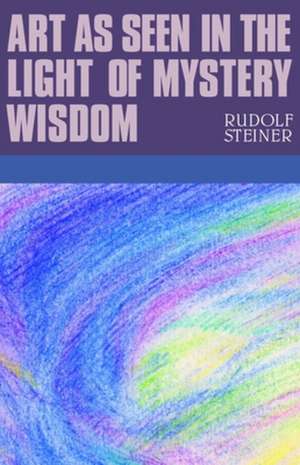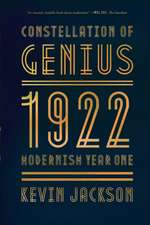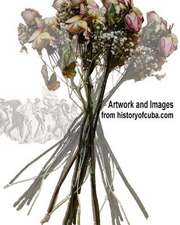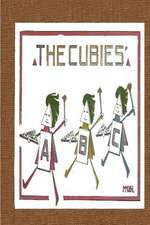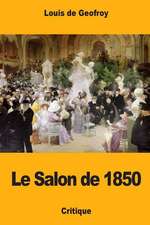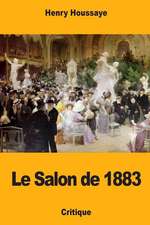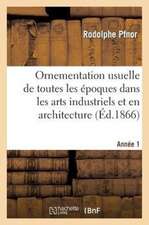Art as Seen in the Light of Mystery Wisdom
Autor Rudolf Steineren Limba Engleză Paperback – 2 feb 2010
Preț: 100.92 lei
Nou
Puncte Express: 151
Preț estimativ în valută:
19.31€ • 20.11$ • 16.32£
19.31€ • 20.11$ • 16.32£
Carte disponibilă
Livrare economică 17 februarie-03 martie
Livrare express 01-07 februarie pentru 20.23 lei
Preluare comenzi: 021 569.72.76
Specificații
ISBN-13: 9781855842366
ISBN-10: 185584236X
Pagini: 186
Dimensiuni: 135 x 213 x 15 mm
Greutate: 0.25 kg
Editura: STEINER RUDOLF PRESS
ISBN-10: 185584236X
Pagini: 186
Dimensiuni: 135 x 213 x 15 mm
Greutate: 0.25 kg
Editura: STEINER RUDOLF PRESS
Notă biografică
Rudolf Steiner (1861-1925) was born in the small village of Kraljevec, Austro-Hungarian Empire (now in Croatia), where he grew up. As a young man, he lived in Weimar and Berlin, where he became a well-published scientific, literary, and philosophical scholar, known especially for his work with Goethe's scientific writings. At the beginning of the twentieth century, he began to develop his early philosophical principles into an approach to systematic research into psychological and spiritual phenomena. Formally beginning his spiritual teaching career under the auspices of the Theosophical Society, Steiner came to use the term Anthroposophy (and spiritual science) for his philosophy, spiritual research, and findings. The influence of Steiner's multifaceted genius has led to innovative and holistic approaches in medicine, various therapies, philosophy, religious renewal, Waldorf education, education for special needs, threefold economics, biodynamic agriculture, Goethean science, architecture, and the arts of drama, speech, and eurythmy. In 1924, Rudolf Steiner founded the General Anthroposophical Society, which today has branches throughout the world. He died in Dornach, Switzerland.
